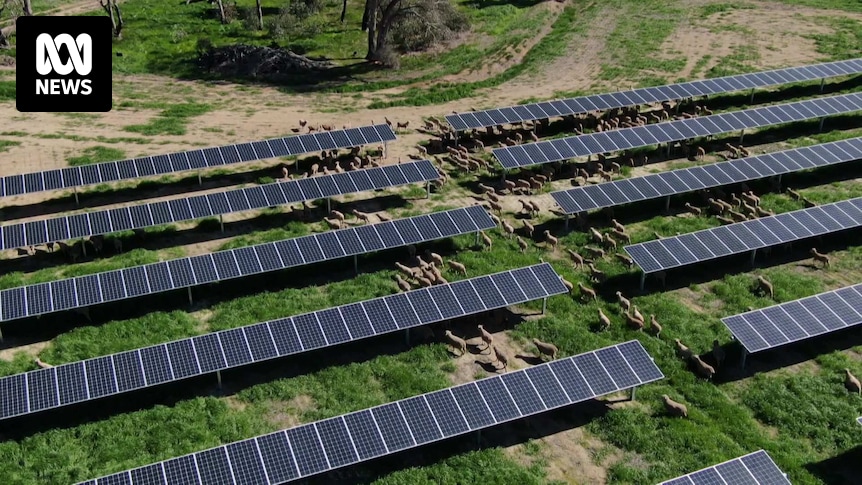
A solar farm in the heart of Australia’s Nationals territory has received federal approval in just 30 business days, a move hailed by Environment Minister Murray Watt as a demonstration of how the renewable energy rollout could be accelerated with updated environmental laws. The swift approval of the 90-megawatt Summerville solar farm, located in the Richmond Valley of northern New South Wales, is being used by the government to underscore the inefficiencies of current regulations and to critique the opposition’s stance on climate policy.
The approval of the 244-hectare site in the electorate of Nationals Deputy Kevin Hogan comes amid ongoing debates within the Coalition regarding its commitment to net zero emissions. This development also highlights the lengthy delays faced by other energy projects, which often languish in the approval queue under outdated environmental laws. According to the Clean Energy Investor Group, the average solar project in New South Wales takes 705 days to gain approval, with wind farms averaging nearly a decade, a pace that threatens Australia’s climate goals.
Reforming Environmental Laws for Quicker Approvals
Minister Watt emphasized that the Summerville solar farm serves as a case study in how strategic site selection and early cooperation can expedite project delivery. He noted that design changes, such as adjusting panel layouts and elevating them to allow for continued agricultural use, were made to minimize environmental impacts and avoid lengthy assessments.
“If you get the system right and everyone is working cooperatively, it is possible to get much faster approvals while also generating environmental gains,” Senator Watt stated. “What we want to do is make sure these quicker approvals actually become the norm, rather than being exceptions.”
Senator Watt is spearheading efforts to modernize the Environmental Protection and Biodiversity Conservation (EPBC) Act, which governs environmental approvals for major projects. Despite an independent review deeming the laws ineffective for both business and environmental protection, past attempts to reform the EPBC Act have stalled.
Political Implications and Coalition Dynamics
The swift approval of the solar farm comes as the Coalition grapples with internal divisions over climate policy, particularly following voter rejection of its nuclear proposal. Nationals MPs, including Barnaby Joyce, have publicly supported legislation to repeal renewable energy laws, further complicating the party’s stance on net zero emissions.
Senator Watt criticized the opposition’s infighting, stating, “At the very same time the Albanese government is getting on with delivering cleaner, cheaper energy and jobs for the Northern Rivers, the Member for Page Kevin Hogan is engaged in Coalition squabbling over the science of climate change.”
Mr. Hogan defended the introduction of Mr. Joyce’s bill, saying, “We’re not a croquet club down here. We are a very important legislative body here in Canberra. Views need to be articulated.”
Future Prospects for Environmental Reform
As the government continues its push for renewable energy, the need for reforming environmental laws becomes increasingly urgent. Former Treasury boss Ken Henry has identified the EPBC Act as the most critical area for reform, citing environmental degradation as evidence of its failure to protect wildlife.
Shadow Environment Minister Angie Bell has expressed concerns about potential partnerships with the Greens on EPBC reform, emphasizing the need for a balanced approach that minimizes red tape while safeguarding the environment.
“I think if Labor were to go in partnership with the Greens on EPBC reform, that would be disastrous for livelihoods and industry,” Ms. Bell stated. “We need to strike a balance.”
As Senator Watt prepares for a productivity roundtable, the government remains focused on achieving a legislative breakthrough that aligns environmental protection with economic growth. The outcome of these efforts will be pivotal in determining Australia’s ability to meet its climate targets and foster sustainable development.







